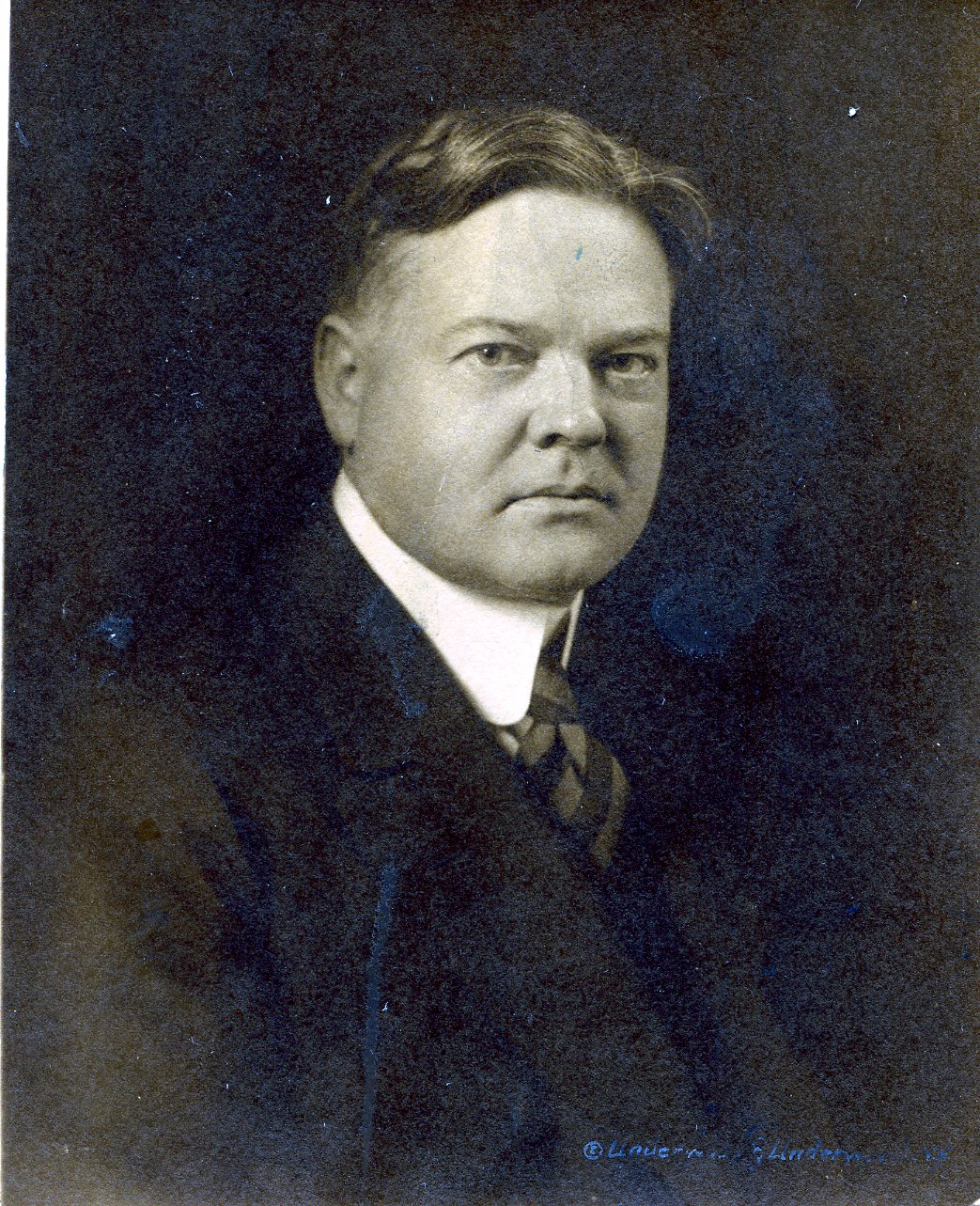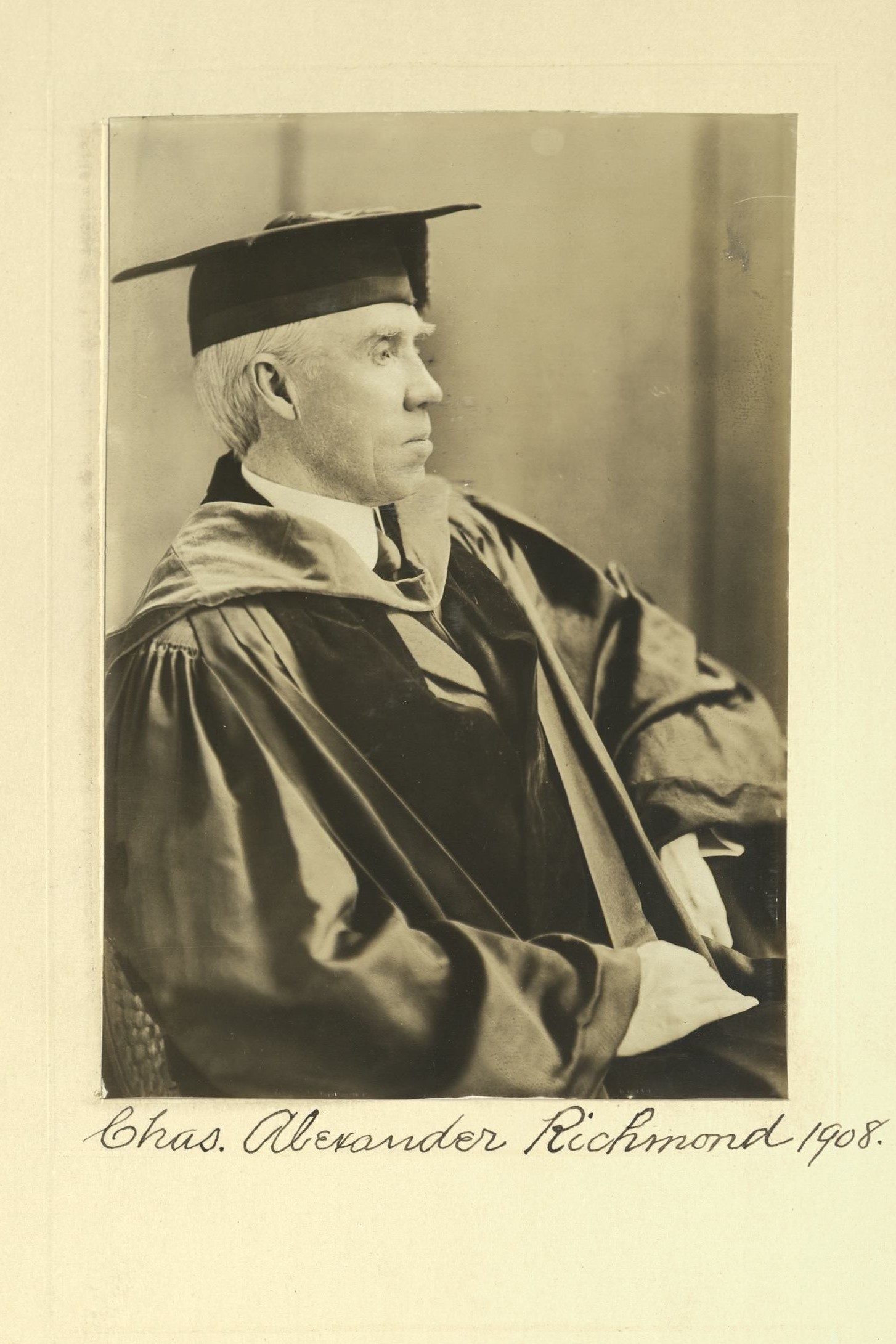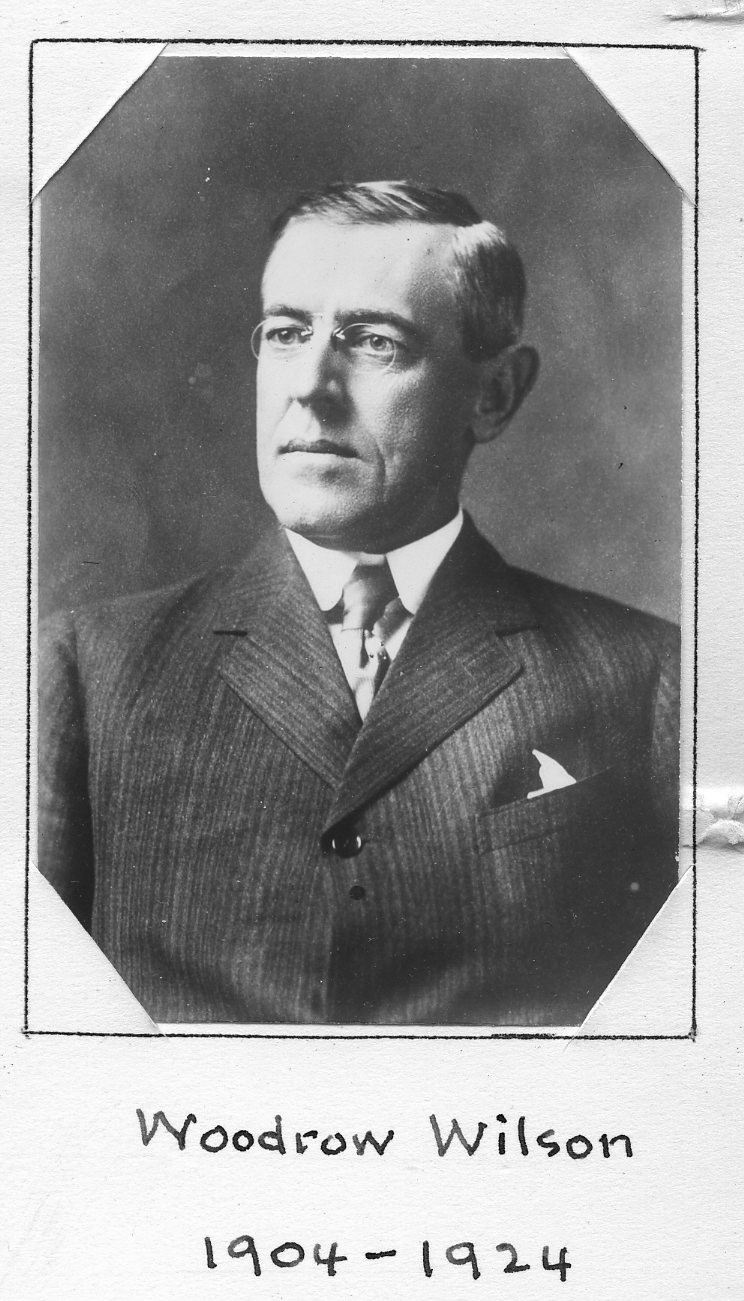Member Directory,
1847 - 1922
John Van Schaick Jr.
Clergyman
Centurion, 1918–1949
Charles A. Richmond and Rowland Godfrey Freeman
Cobleskill, New York
Washington, District of Columbia
Age forty-four
Cobleskill, New York

Archivist’s Notes
Brother of George S. Van Schaick
Century Memorial
John van Schaick, Jr. [Born] 1873. Clergyman: a member of the Century for thirty years.
It was skeptical Centurion Henry Adams who said that, with the coming of the new science, he had “entered a universe where all the old roads ran about in every direction, over-running, dividing, subdividing, stopping abruptly, vanishing slowly, with side paths that led nowhere, and sequences that could not be proved.”
John van Schaick would not have agreed with a word of that statement. To him the ideals and principles of Christendom, faith in the dignity of man and the authority of the law were eternal; and he lived a life that made good proof of it, too. At the end of his life, The Christian Leader, the journal of the Universalist Church of which he was a minister, the paper which he had edited brilliantly for 23 years called him “Strong Son of God.” So he was. For him the old roads did not divide, the side paths all led to the same place, the sequences could still be proved: there was one high road of life and that was the essential unity and potential nobility in all human beings.
But you are as wrong as wrong can be if you think of John van Schaick as a preacher with his head in the clouds.
This is the man who as Colonel van Schaick, Red Cross Commissioner to Belgium, lived in The Little Corner Never Conquered by the Germans. There under daily gunfire, in this Anzio of World War I, knocked down by the concussion of shellfire, for a year and a half he did everything that high intelligence, unusual resourcefulness, lovable character, and a sense of humor could do for the wounded and destitute and hungry in the confusion of an active military area.
And after the War when he had returned to his pastorate of the Universalist Church of Our Father, in Washington, Centurion President Woodrow Wilson appointed him president of the Board of Education of the District of Columbia. As such, he judged that the school system of Washington needed radical improvements and he proceeded to make them, doing his duty as he saw fit, to the accompaniment of as acute a campaign of vilification as the capital has ever seen. It ought to be added that he won the fight.
The van Schaicks are New York Dutch from Cobleskill in Schoharie County. When John was a boy he saw the spinning wheel in operation on the family farm, not as a show, but as part of the daily work, as part of a farm economy that went back to the dawn of history.
After graduation from the Cobleskill High School at seventeen, he taught—for nine dollars a week—in the Patria School District nearby, bringing in the wood, keeping the stove-fire going, leading the daily prayers and teaching all day long. He taught two terms in district school and then went off to Union College at Schenectady in 1891.
Following graduation from Union College in 1894 he was principal of the Sharon Springs Academy for two years. Then he was off to teach history and English at Emporia College.
Emporia, Kansas! It was 1896, the year when Centurion William Allen White shot into national fame with his editorial, “What’s the Matter with Kansas?" And White and van Schaick began a life-long friendship.
In Emporia John van Schaick was one of the young fellows who used the local bookstore as a hangout: “young fellows too proud for pool, too wicked for prayer meetings, too lazy for baseball . . . [the words are William Allen White’s] too sophisticated for the local poker game, and too young and full of vision to let the world go by without trying to understand it.” Whatever else they were, these young men were all intelligent; they sharpened their wits on each other and, as White says, they “took the world apart and put it back together” in their talks. In addition to White, among John’s Emporia friends, there was Vernon Louis Parrington, preparing himself to be the cultural and literary historian of America that he later became. There was also Centurian Vernon Kellogg, in after years Leland Stanford University’s far-famed entomologist.
Young van Schaick, strong for people, keenly sensitive to the needs of people, no doubt influenced his companions and was in turn influenced by them in those sessions in the “Amen corner” of the Emporia bookstore. Somewhere and somehow in this crucial year, he must have come to see the relation between his religious convictions and the pressing problems of his generation. Being a minister no longer looked like an affair of a “black coat, white tie and title Reverend” which he abhorred as separating him from men, but rather as an opening to plunge into life to work for good in the world.
And so he studied for the Universalist Ministry and became assistant pastor of the Church of the Divine Paternity in New York City and a worker at Brevoort House, the Lower East Side Mission run by that Church. In this social application of the gospel he learned the evils of overcrowded living, what was being done and what was not being done for the protection of children in our large cities, and helped prepare himself for greater ministries in years to come.
This memorial must end, but not before I record that the King of the Belgians made Dr. van Schaick an officer of the highest Belgian order, the Order of Leopold, giving him the military decoration with Palm and commending him for “long continued service at the front under fire.” And the University of Brussels voted him a medal of honor. And in the company of Centurian Herbert Hoover, Clemenceau, and the Queen of the Belgians, he was made an honorary Doctor of Medicine by the University of Liège for his war help to hosts of wounded Belgian soldiers and homeless Belgian children.
He was, indeed, you see, a “Strong Son of God.” I envy his brother George [Van Schaick], one of us who is here tonight, his memories of their talks as George drove his elder brother, the tall young schoolmaster of Patria district, to his work on Winter mornings, through the hills of Schoharie, the sleigh bells jingling, the snow, silent, everywhere. For this was, I have no doubt, an authentically great man both in the sight of God and of men.
Source: Henry Allen Moe Papers, Mss.B.M722. Reproduced by permission of American Philosophical Society Library & Museum, Philadelphia
Henry Allen Moe
Henry Allen Moe Papers, 1949 Memorials
Related Members
Member Directory Home-
 Henry AdamsAuthorCenturion, 1892–1918
Henry AdamsAuthorCenturion, 1892–1918 -
 Rowland Godfrey FreemanPhysicianCenturion, 1894–1945
Rowland Godfrey FreemanPhysicianCenturion, 1894–1945 -
 Herbert HooverU.S. Food Administrator/U.S. PresidentCenturion, 1919–1964
Herbert HooverU.S. Food Administrator/U.S. PresidentCenturion, 1919–1964 -
 Vernon Lyman KelloggScientistCenturion, 1920–1933
Vernon Lyman KelloggScientistCenturion, 1920–1933 -
 Charles A. RichmondClergymanCenturion, 1908–1940
Charles A. RichmondClergymanCenturion, 1908–1940 -
 Woodrow WilsonPresident, Princeton University/Governor of New Jersey/U.S. PresidentCenturion, 1904–1924
Woodrow WilsonPresident, Princeton University/Governor of New Jersey/U.S. PresidentCenturion, 1904–1924



